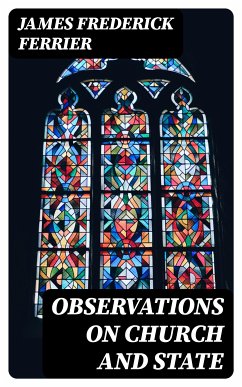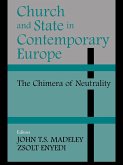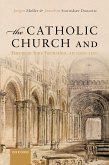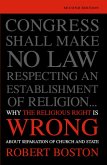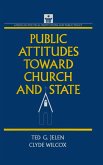James Frederick Ferrier's "Observations on Church and State" offers a rigorous examination of the intricate relationship between religion and governance during a time of sociopolitical upheaval in the 19th century. Ferrier employs a clear and analytical literary style, blending philosophical discourse with historical context to illuminate the complexities of ecclesiastical authority and civil power. His nuanced arguments challenge conventional perspectives, making a significant contribution to political philosophy and ecclesiology, particularly in response to the pressures of modernity and the emerging secularization of society. Ferrier, a prominent Scottish philosopher and political theorist, drew upon his deep involvement in contemporary intellectual movements, which emphasized reason and empiricism. His unique background in law and philosophy informed his approach, leading him to question traditional doctrines and advocate for a more rational interdependence between the church and state. This work reflects his commitment to fostering understanding amidst societal tensions, rooted in a desire for a more equitable and coherent societal framework. "Observations on Church and State" is a crucial read for scholars of philosophy, political science, and theology, as well as for anyone interested in the historical dynamics of power and belief. Ferrier's insights resonate with contemporary debates surrounding the role of religion in public life, making this work not only relevant but imperative for understanding ongoing issues in the interplay between church and state.
Dieser Download kann aus rechtlichen Gründen nur mit Rechnungsadresse in A, B, BG, CY, CZ, D, DK, EW, E, FIN, F, GR, H, IRL, I, LT, L, LR, M, NL, PL, P, R, S, SLO, SK ausgeliefert werden.

